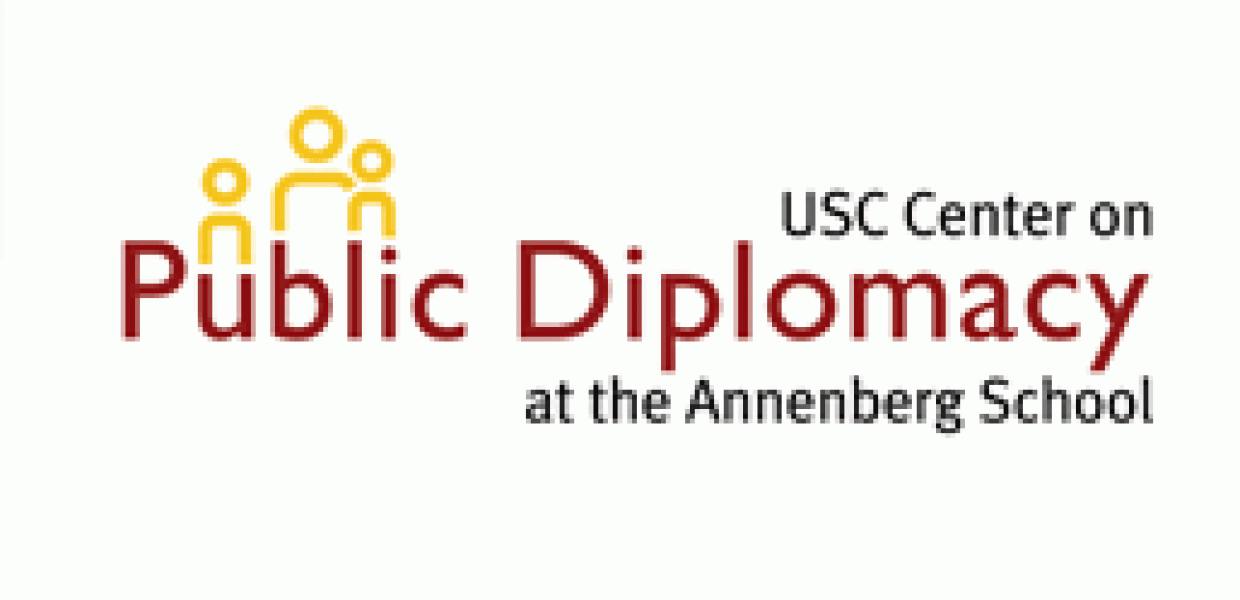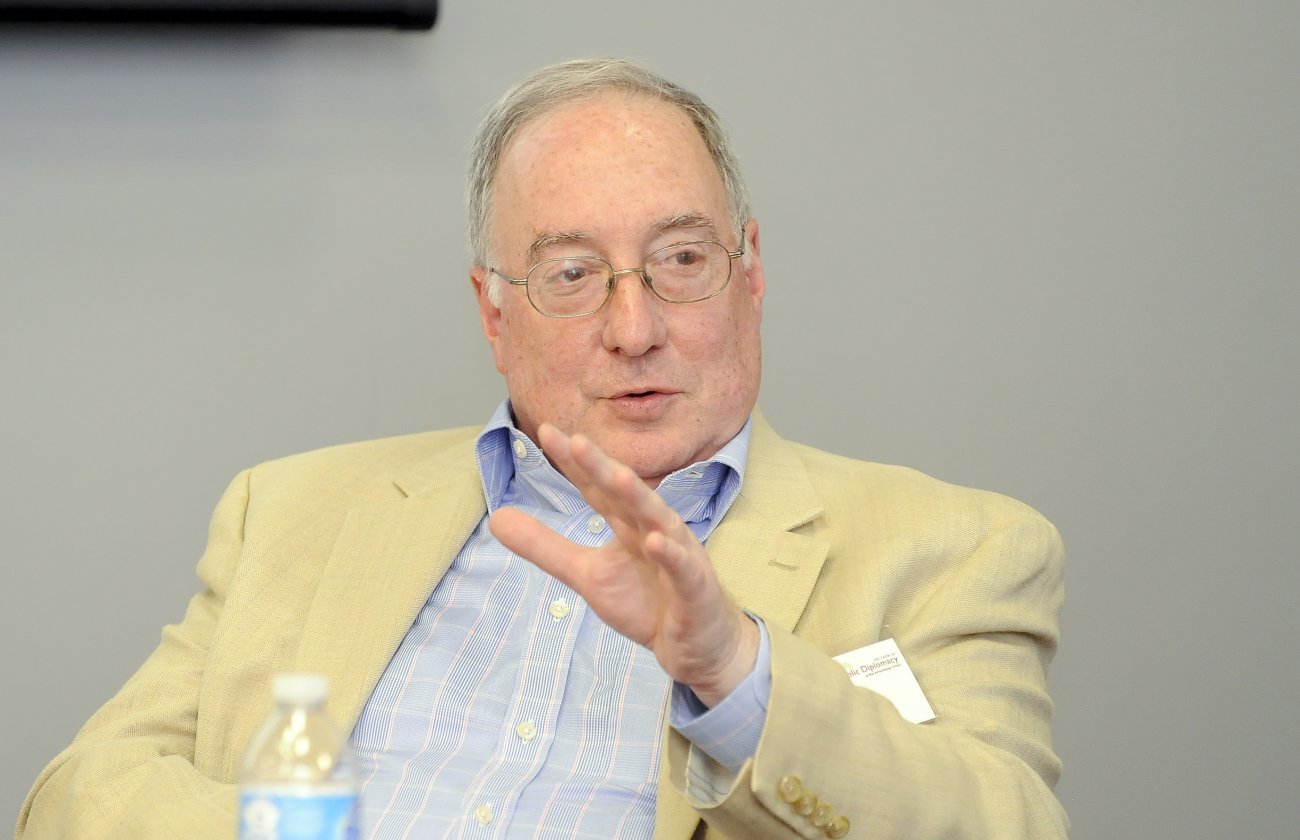 A panel of Olympic athletes and experts gathered at the Annenberg School for Communication and Journalism on Sept. 27 to discuss the role of public diplomacy in the 2012 London Olympic Games. Philip Seib, director of the USC Center on Public Diplomacy, moderated the discussion, which included Dame Barbara Hay, British Consul-General; Barry A. Sanders, Chairman of the Southern California Committee for the Olympic Games; and Olympians James Clark, Stina Gardell and Flora Bolonyai. “The Olympics are about much more than athletes,” Seib said. “They give a chance for the host country to reach out to the rest of the world.” Barbara Hey, who spoke on behalf of London, said the Games gave the city an exceptional opportunity to redevelop some of its long-neglected communities. “We went about creating the most fantastic facilities,” she said. “We wanted to regenerate a part of East London that had been abandoned since the war.” Sanders, who led the charge for the 2016 Summer Olympics to be held in Los Angeles, said the Games were a diplomatic success for United Kingdom. “The reputation did what Britain could have hoped it would do,” he said. “It gave a new view of English efficiency, English can-do . . . of modernity, friendliness and emotional engagement of the English people.” Sanders also touched upon the relationship between Olympic success and national branding. “You’re trying to show that your athletes . . . are healthy, strong, skillful people . . . and that they’re winners.” “There’s a new image of Mexico,” he said in reference to the surprising finishes of Mexico’s diving teams in London. “Their success at the Olympics is something new.” The athletes, however, said they did not heavily reflect on the diplomatic implications of the Games while competing. “It can become overwhelming and it can distract you from competing,” said Clark, who plays for Australia’s water polo squad. According to Bolonyai, goalkeeper for the Hungarian water polo team, the greatest reward of serving as an athletic ambassador comes from the domestic response. “If some of the girls back home start playing water polo . . . because they saw us at the Olympics, it makes me feel like I accomplished something.” USC Center on Public Diplomacy
A panel of Olympic athletes and experts gathered at the Annenberg School for Communication and Journalism on Sept. 27 to discuss the role of public diplomacy in the 2012 London Olympic Games. Philip Seib, director of the USC Center on Public Diplomacy, moderated the discussion, which included Dame Barbara Hay, British Consul-General; Barry A. Sanders, Chairman of the Southern California Committee for the Olympic Games; and Olympians James Clark, Stina Gardell and Flora Bolonyai. “The Olympics are about much more than athletes,” Seib said. “They give a chance for the host country to reach out to the rest of the world.” Barbara Hey, who spoke on behalf of London, said the Games gave the city an exceptional opportunity to redevelop some of its long-neglected communities. “We went about creating the most fantastic facilities,” she said. “We wanted to regenerate a part of East London that had been abandoned since the war.” Sanders, who led the charge for the 2016 Summer Olympics to be held in Los Angeles, said the Games were a diplomatic success for United Kingdom. “The reputation did what Britain could have hoped it would do,” he said. “It gave a new view of English efficiency, English can-do . . . of modernity, friendliness and emotional engagement of the English people.” Sanders also touched upon the relationship between Olympic success and national branding. “You’re trying to show that your athletes . . . are healthy, strong, skillful people . . . and that they’re winners.” “There’s a new image of Mexico,” he said in reference to the surprising finishes of Mexico’s diving teams in London. “Their success at the Olympics is something new.” The athletes, however, said they did not heavily reflect on the diplomatic implications of the Games while competing. “It can become overwhelming and it can distract you from competing,” said Clark, who plays for Australia’s water polo squad. According to Bolonyai, goalkeeper for the Hungarian water polo team, the greatest reward of serving as an athletic ambassador comes from the domestic response. “If some of the girls back home start playing water polo . . . because they saw us at the Olympics, it makes me feel like I accomplished something.” USC Center on Public Diplomacy
Center on Public Diplomacy hosts discussion on 2012 Olympic Games
October 4, 2012
Updated May 3, 2023 12:39 p.m.








